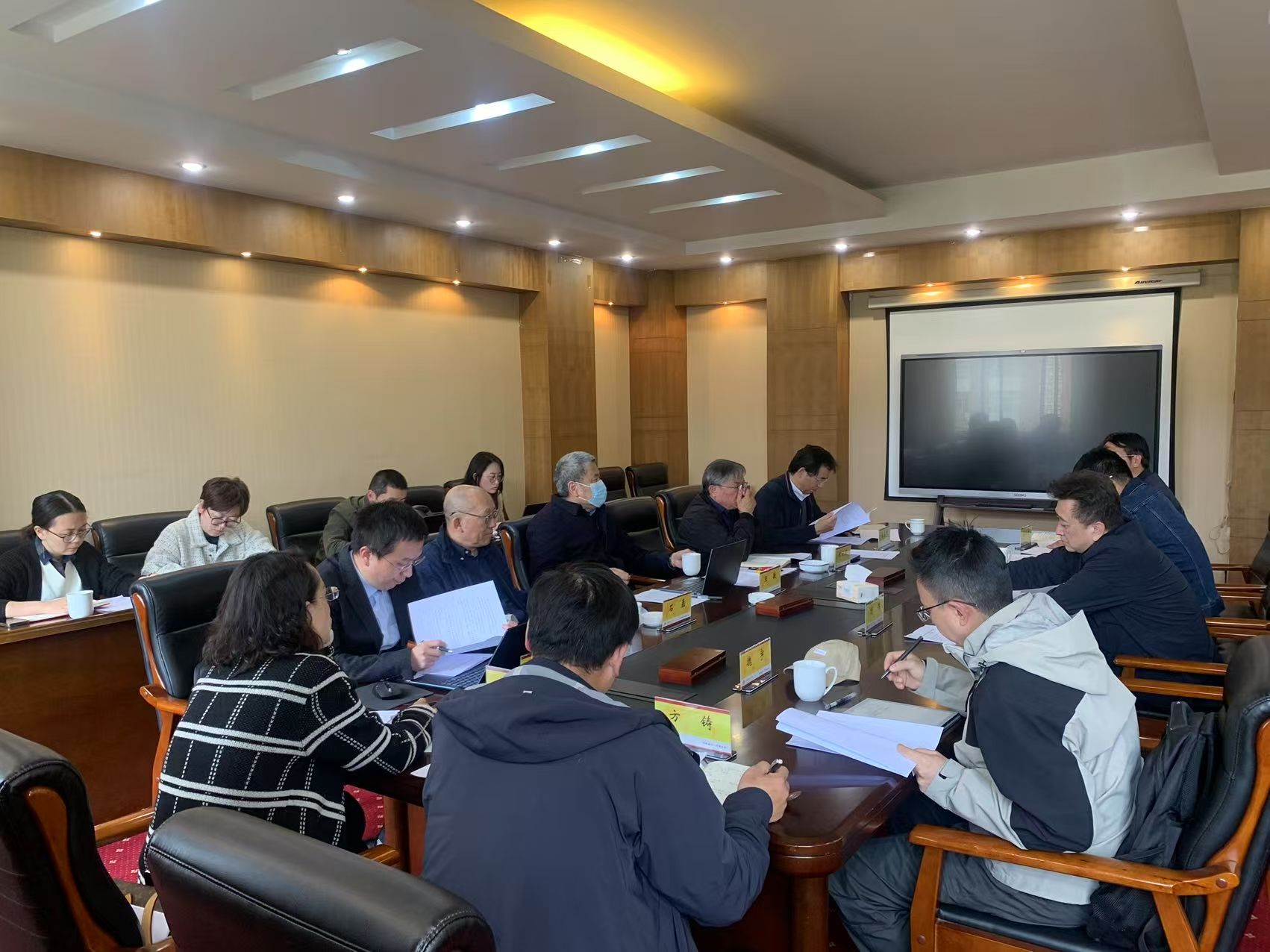The university convened an expert review meeting on March 13 to advance its applications for the second batch of Philosophy and Social Sciences Laboratories under the Ministry of Education (MOE). The meeting was chaired by Professor Wang Min, Deputy Party Secretary and President of the university, with the participation of distinguished experts including Professors Fu Runmin, Shi Lei, Wei Yu, Jiang Rong, Yu Yimin, Yi Hong, Yang Ronghai, Yang Yaqin, Fang Zhu, and their research team members.

President Wang reviewed the university’s breakthrough achievements in philosophy and social sciences in recent years and emphasized the significance of this application process. He noted that the MOE Philosophy and Social Sciences Laboratories serve as crucial platforms for addressing major national strategic needs and promoting interdisciplinary integration. He stressed that this application process not only tests the university’s research capabilities but also presents a key opportunity for driving disciplinary innovation. He urged all teams to elevate their political perspective, focus on disciplinary characteristics, and address “real, significant, and emerging issues,” following the principles of “high-level planning, high-standard implementation, and high-quality execution” to develop forward-looking and exemplary laboratory proposals by leveraging cross-disciplinary resources.
Professor Fu Runmin provided constructive feedback based on application policy requirements and experience from the first batch of MOE laboratories. He conducted an in-depth analysis focusing on core aspects such as interdisciplinary integration, technological innovation, and social service effectiveness, offering specific suggestions on theoretical framework development, data support systems, and case study identification. Other experts reached constructive consensus on key issues including theoretical validation and refinement of distinctive advantages, resulting in a phased implementation plan.
Duan Yunlong, Director of Division of Science & Technology Administration, explained the background, policy requirements, and implementation pathways for the second batch of laboratory applications.
Moving forward, the university will use this application opportunity to deepen innovation in research platform mechanisms. A special task force led by laboratory directors will be established to coordinate disciplinary resources and implement a “multi-department collaboration, multi-team coordination” working mechanism. This will promote the integration of philosophy and social sciences with cutting-edge technology and accelerate the development of national-level research platforms at the university.
